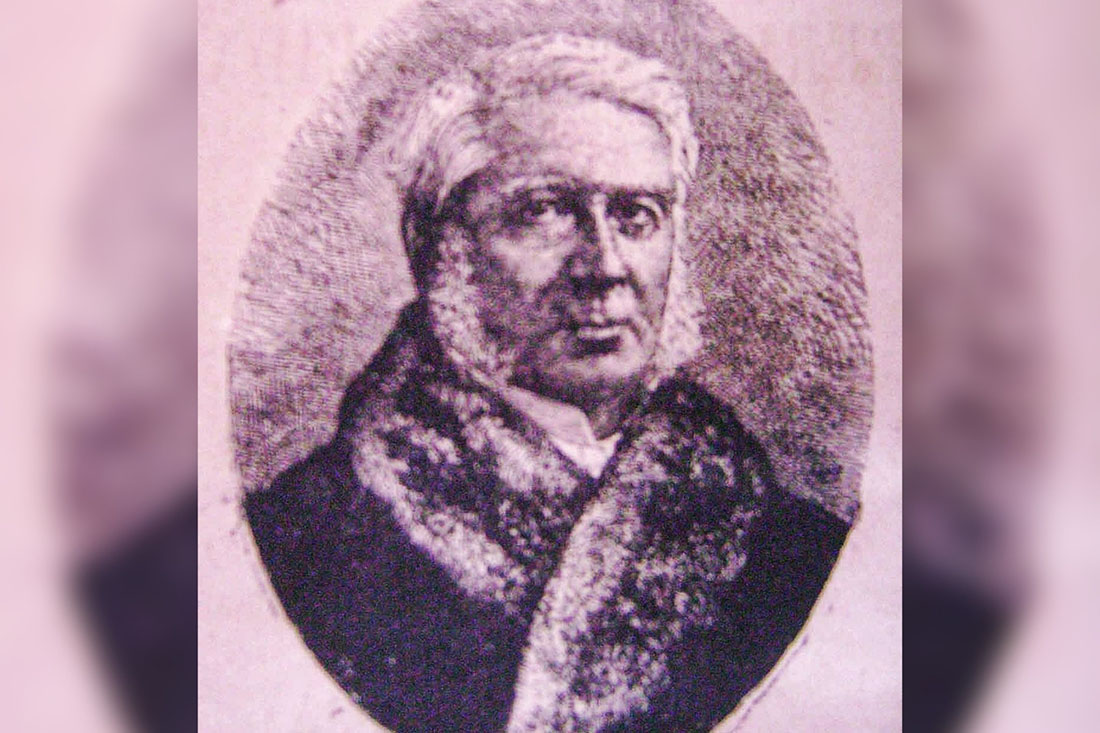The written word returns to transcend in Camagüey. This time from the work of one of his sons, José Ramón Betancourt, a traditional writer, a graduate in Civil Law, orator, deputy, senator.
José Ramón Betancourt was born on October 17th, 1823 in Camagüey, where he attends elementary school. He moved to Havana to study Law, and obtained his Bachelor’s degree in Civil and Canon Law in 1847. Returning to his native land, he became the trustee attorney general of the City Hall. Due to his link to the first revolutionary movements that operated in the territory, he was exiled to Spain in 1851.
After his return to Havana, he was also appointed as trustee attorney general of the City Council of that city. There he was director of the Liceo Artístico y Literario, a position he held when the writer and poet Gertrudis Gómez de Avellaneda was crowned.
Due to the situation generated by the uprising of October 10th, 1868, José Ramón Betancourt traveled to Europe, specifically to Italy, France and Spain. In the latter country he was appointed deputy to the Cortes. Through this position he denounced the slave trade and exposed the serious political and social situation existing in the islands of Cuba and Puerto Rico. Also, thanks to his management and influence, the Agricultural Bank was created.
Other positions
He served as Senator of the Kingdom, for the Economic Society Friends of the Country of Havana, between 1882 -or 1883- until 1886; and by Camagüey, from 1886 to 1890, according to the website of the Senate of Spain. In the Senate he delivered speeches and rectifications against the entire opinion of the Commission on the bill relating to the state budgets in the island of Cuba for the economic year 1885-1886.
His Work
Among his most important facets are his work as a contributor to the newspapers La Gaceta de Puerto Príncipe and El Fanal, and the Revista de Cuba and the Revista Geográfica Comercial (Madrid); in addition to his vocation as a writer, in this case, costumbrista.
As a writer, notwithstanding his published verses, his greatest work is considered to lie in prose. Without a doubt, his best-known text is his novel A Charity Fair in 183, published in 1841 in El Fanal, which would have two more reissues: one in 1858 in Havana and another in Barcelona, all during the life of the Author.
Likewise, he published The prose of my verses and The two flags. Historical notes on the insurrection in Cuba. Letters to the Hon. Mr. Overseas Minister. Solutions for Cuba. His speeches and political manifestos are also published.
Conclusions
The life of José Ramón Betancourt was prolific. His text A Charity Fair in 183 gave him the place he occupies in Cuban and Camagüeyan literature, and has endured in the minds of generations of principeños.
Bibliography
– Instituto de Literatura y Lingüística de la Academia de Ciencias de Cuba. Diccionario de la Literatura Cubana (1980). Editorial Letras Cubanas.
– José Ramón Betancourt. Senado de España. https://www.senado.es.
Translated by: Aileen Álvarez García






